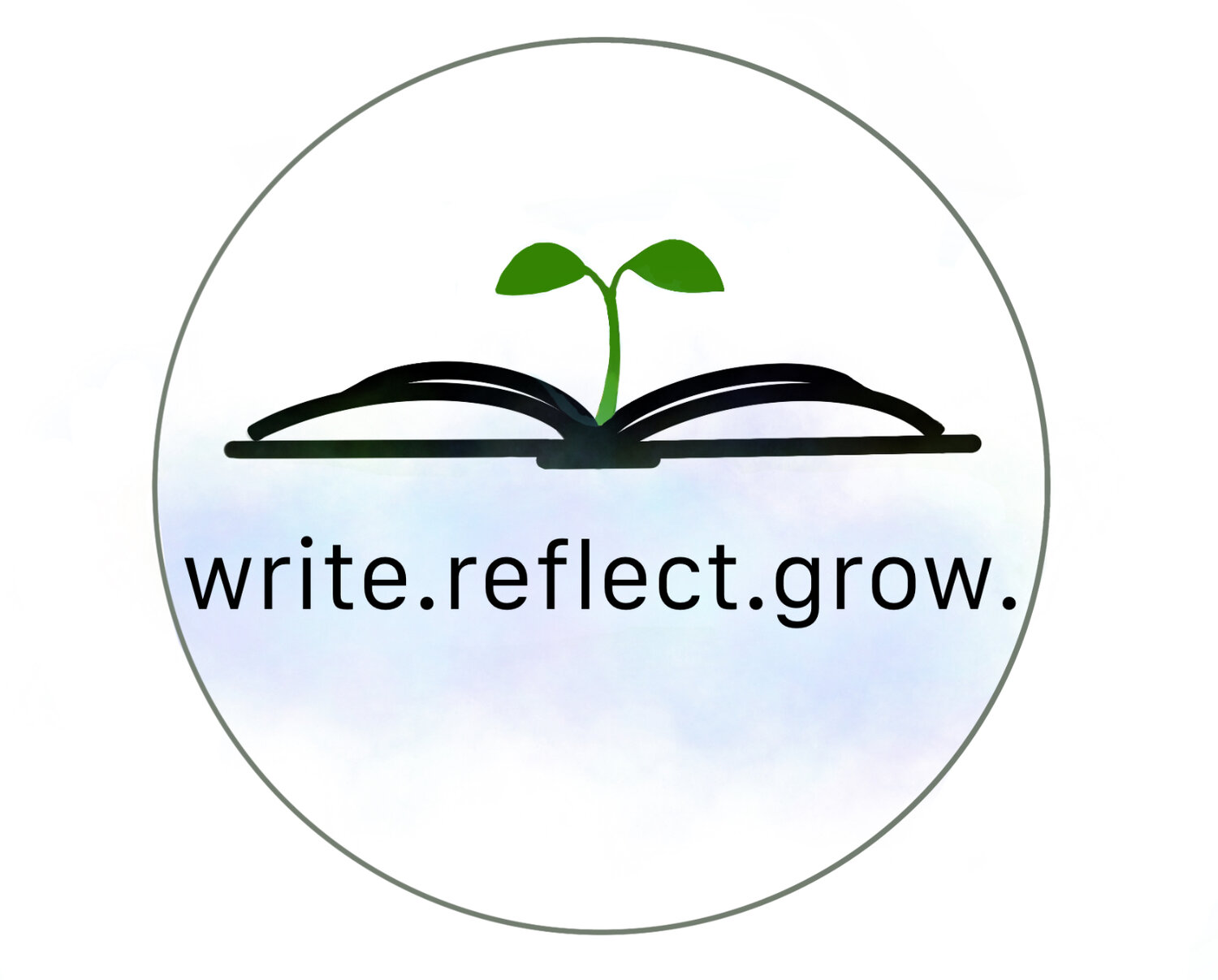One thing I have learned from my years as a psychologist (and as a human) is that best of intentions do not always translate into action. In fact, this was an unexpected finding from my dissertation research. I had studied the factors that were associated with following through with a health-related goal, and participants’ stated intention to complete that goal was not one of them.
So how do we actually make things happen?
This is one of my favorite topics to explore. I’ve written a book on this topic that addresses how to make a project or big idea happen and break through barriers. The idea for the book arose from years of experiences and observations as a practicing psychologist and behavioral scientist.
Many things can hold us back from accomplishing our goals. Gaining insight into what is holding each of us back is key to breaking through these barriers. Barriers essentially serve as excuses to keep us from taking action. In essence, though oversimplified, barriers are external or internal. Here’s a primer to begin to recognize our own barriers.
The dog ate my homework
Perhaps the easiest barriers to identify are those that we can blame not on ourselves, the external barriers: Our jobs or hectic lifestyles do not afford us the luxury of time to work on our goals. Someone or something stood in our way. We don’t have the resources, or we are waiting on someone else to get back to us.
A classic excuse for external barriers standing in our way is the excuse ‘the dog ate my homework.’ In fact, one purchaser of The Big Idea Journal workbook recently told me that she has not done what she had hoped to with this book yet because just after the book arrived, her dog had, well, eaten it. True story. No doubt this was a barrier (though would not have been had she used the audiobook version!).
I’m standing in my own way
The barriers that reside within us that get in our way can be powerful and often are harder to identify. Whether these internal barriers arise from our own fears and insecurities, our habitual patterns of giving up or utilizing ineffective strategies, our challenges with staying focused, or our lack of knowledge about how to accomplish our goals, we often self-sabotage without even realizing it.
All of these barriers, whether internal or external, can paralyze us into inaction. It can be both convenient and compelling to use these as excuses as to why we can’t do something. That said, we can break through these excuses. Here are some essential strategies for breaking through:
Get clear on our vision and purpose:
This step is critical, and is a sound investment of time. It may seem unnecessary to clarify your goals and why you are pursing them when you are feeling motivated. But once you get going (or certainly even before you get going), you encounter barriers. Understanding your ‘why’ can help sustain your commitment to your journey. There are may valuable questions that you can ask yourself to help achieve clarity. I often run workshops on this topic, in person locally as well as online.
Build awareness of your own barriers:
Once we recognize what holds us back, we are in a much better place to tackle our barriers. Building awareness may be challenging. Building awareness may seem like a burden, and it may feel uncomfortable. But by paying attention to these barriers, you can better identify them in the moment- which is exactly when you can intentionally redirect your course.
I recommend asking yourself pointed questions and opening yourself up to exploring these barriers. For example, try asking: “what is holding you back right now?” Then journal about it.
A major focus of one chapter of The Big Idea Journal workbook explores barriers and the learning that can result.
Make yourself accountable:
Another useful way to break through excuses is to check in on your goals and your progress, whether with yourself (such as using a guided journal) or with someone else (such as a co-worker, friend, mentor, or coach).
One recent coaching client reflected on the value of having this support:
“Having the deadline of talking to a real live person who I had to report back to on what I had accomplished was a real motivator in getting things on my to-do list done.”
As a follow up, this client had broken through barriers and taken action.
If you’d like guidance on breaking through your excuses, we invite you to check out our growing library of resources, including Big Idea coaching.
I wrote this blog post help you along your path to identifying and breaking through your own excuses. I would love to hear how this resonates with you and how this may have helped YOU break through!
- Marni Amsellem, Ph.D.
Founder, Write. Reflect. Grow.


